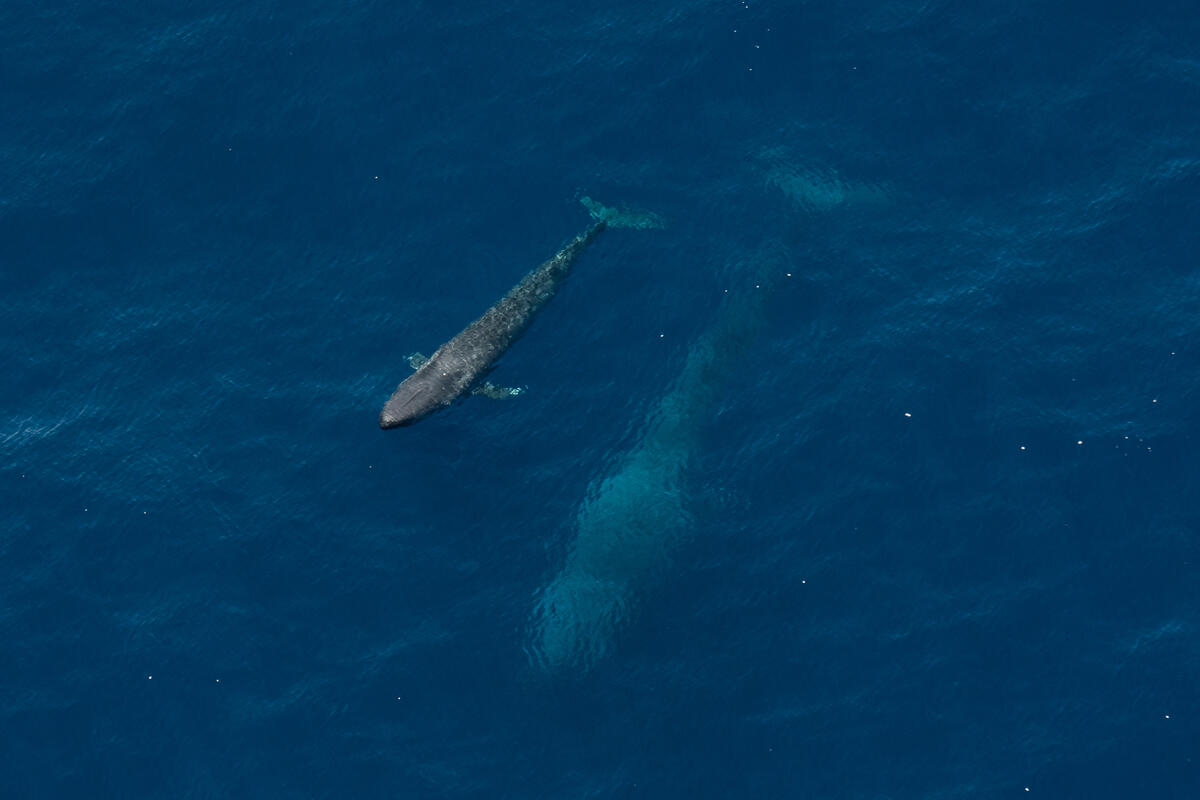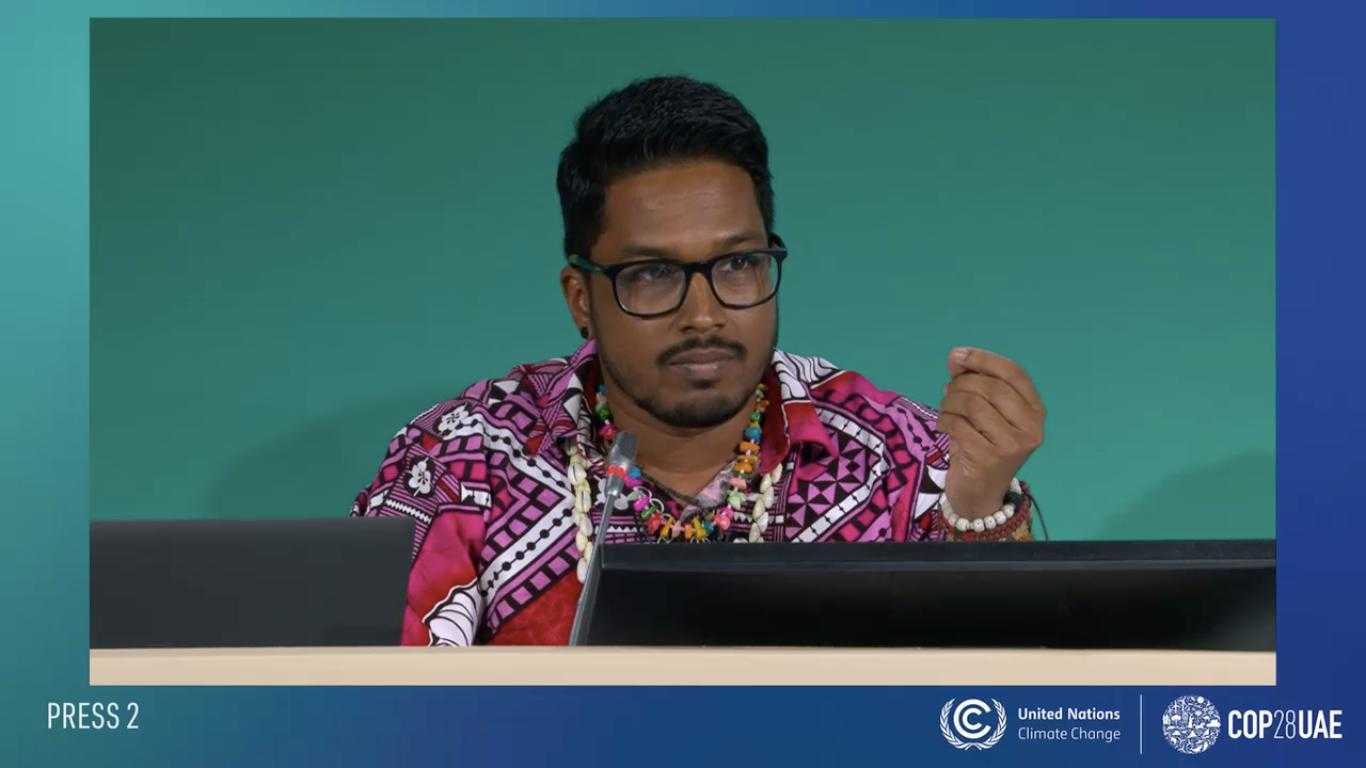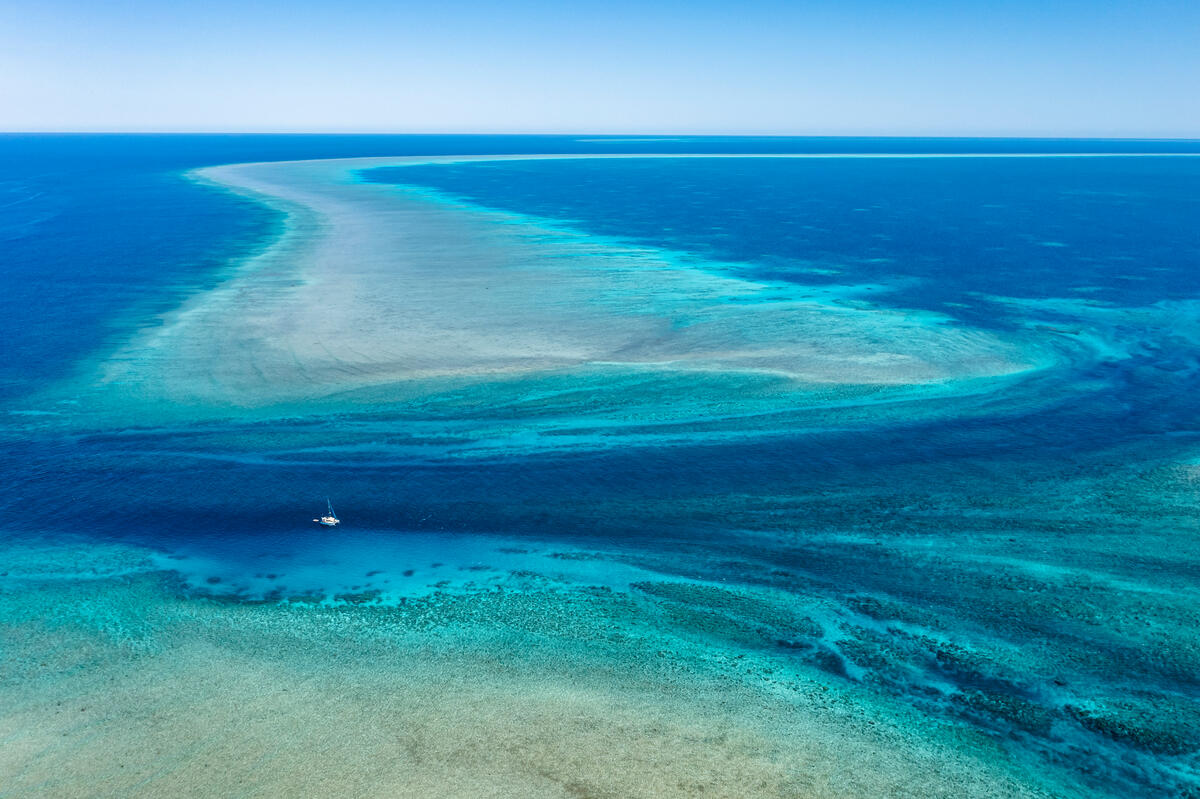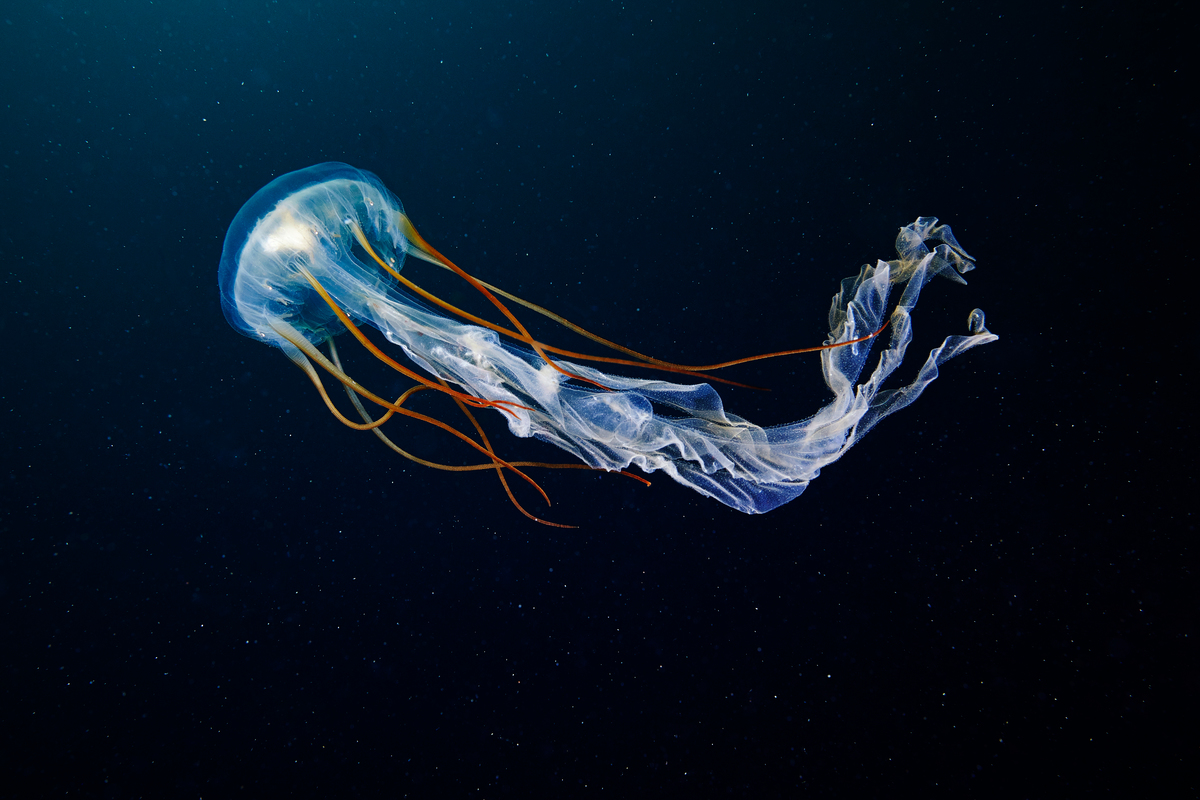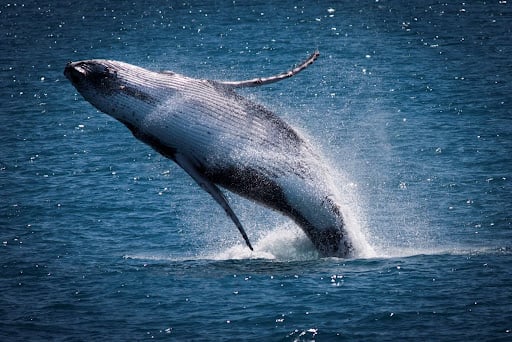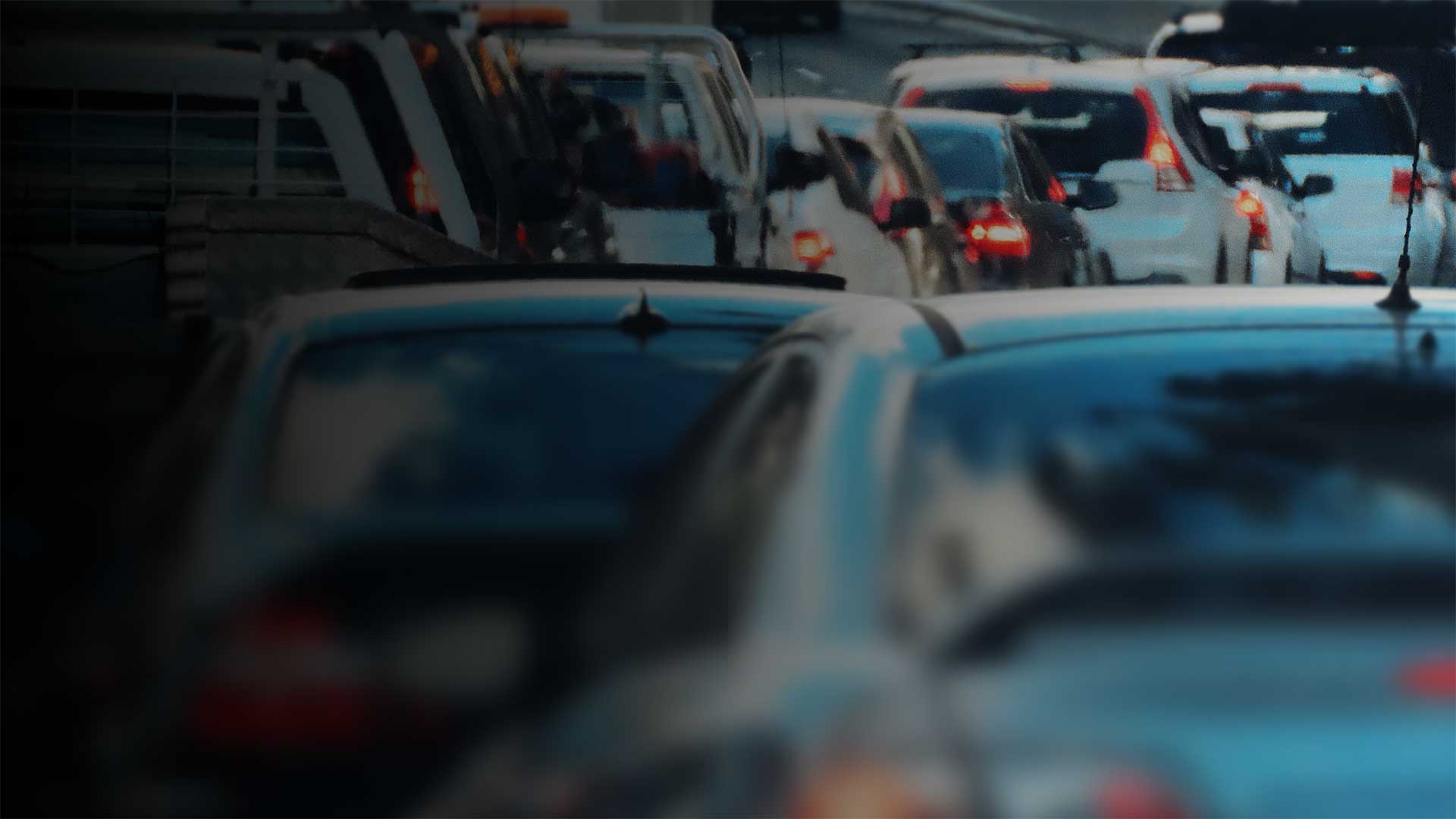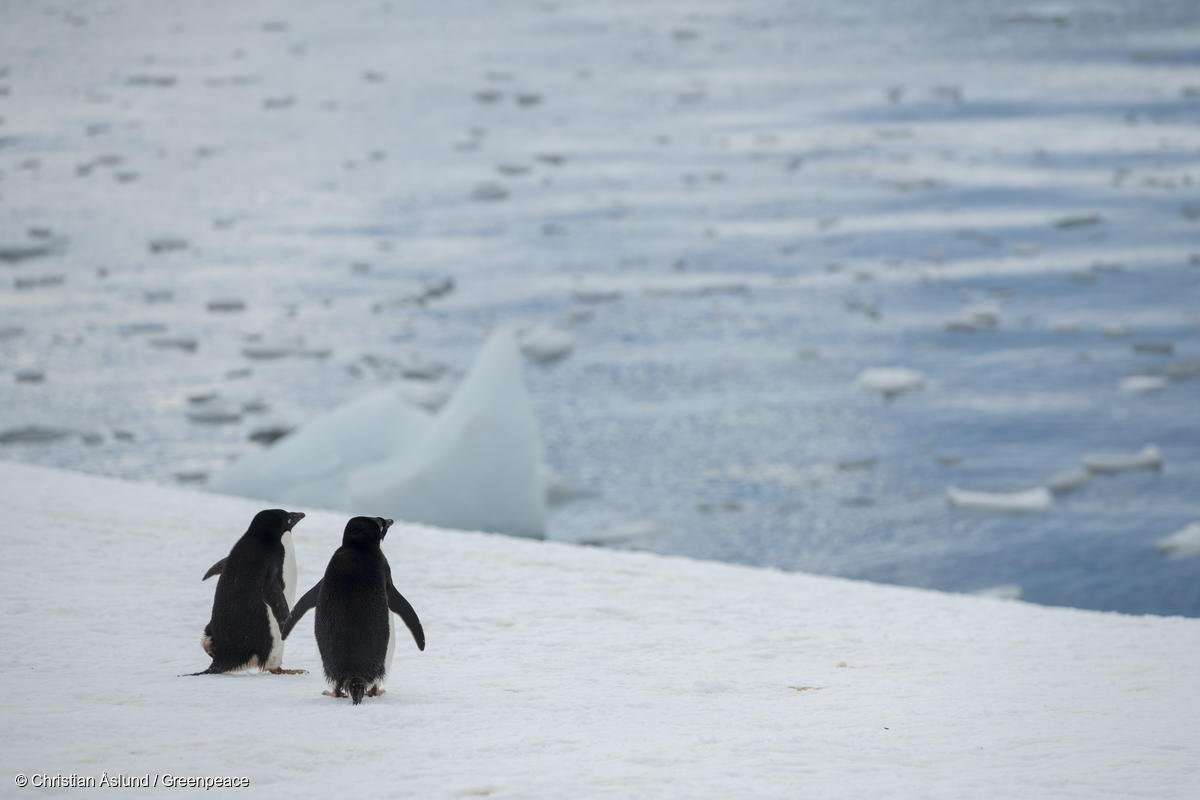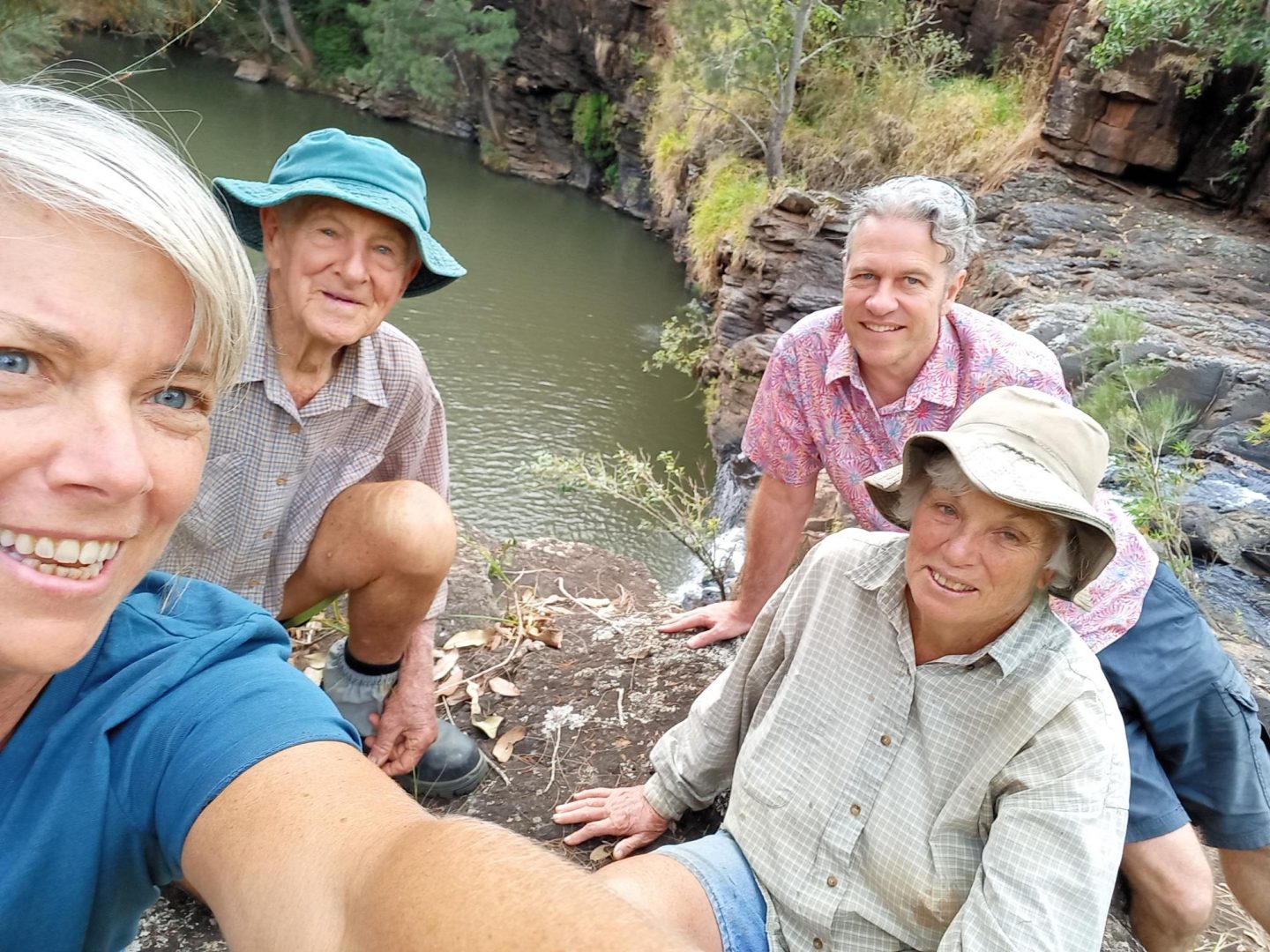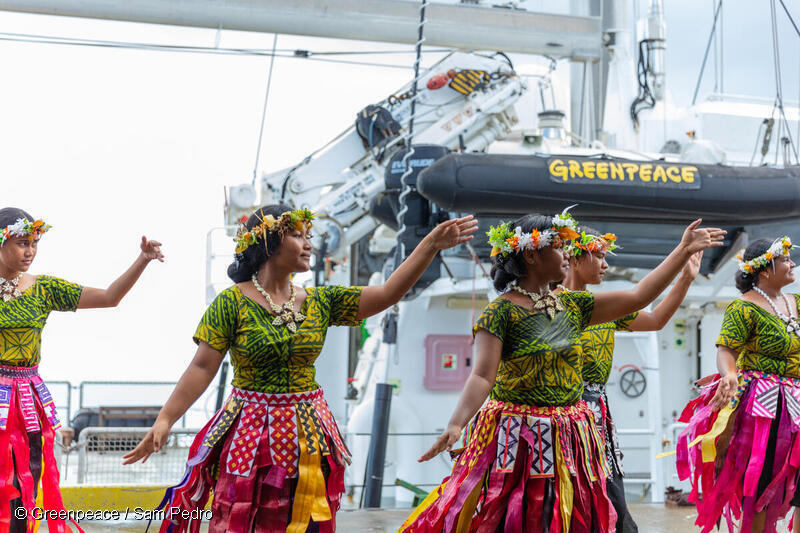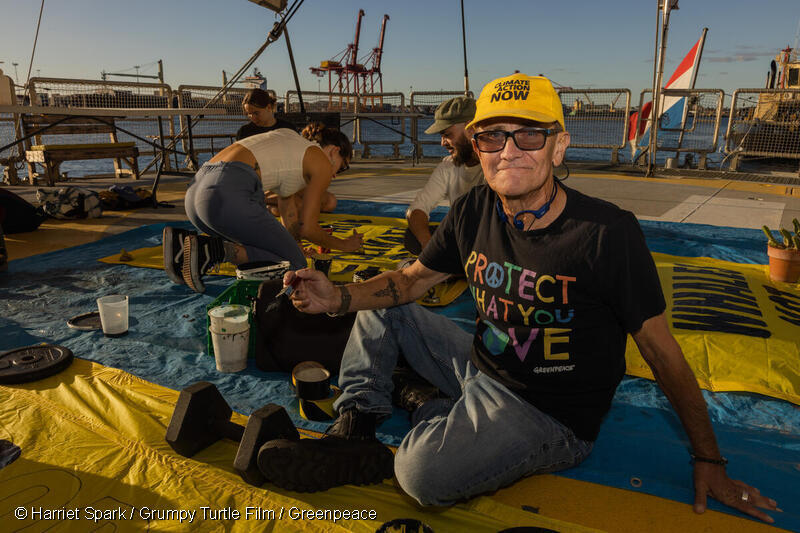All articles
-
Woodside Has Begun Seismic Blasting
Fossil fuel giant Woodside, has begun seismic blasting in the middle of whale migration season, just a few months after a Federal Court threw out its previous approval.
-
COP28: What Is It, And Why Is It Important?
The world's largest climate conference is happening in Dubai this year. Here's what you need to know.
-
Saving Scott Reef
This is Scott Reef, home to endangered whales and turtles and thousands of corals. Woodside wants to drill for climate-wrecking gas nearby.
-
The Threat of Mining on Deep Sea Ecosystems
Our deep sea ecosystems are places of mystery and beauty. But deep sea mining could ruin that for everyone.
-
The Low-Down On Whales And Wind Farms
What's the go with wind farms and whales? Let's find out... Have a look at this comprehensive deep dive into marine impact of off-shore wind farms.
-
Ghost Cars! The Scariest Pollution Loophole You Have Never Heard Of
‘Ghost cars’ could be driving our streets from early next year! But what are they? Read this to find out!
-
What Is The CCAMLR, And Why Should We Care?
Learn how the Convention for the Conservation of Antarctic Marine Living Resources (CCAMLR) works, and about its continued failure to protect the Southern Ocean.

